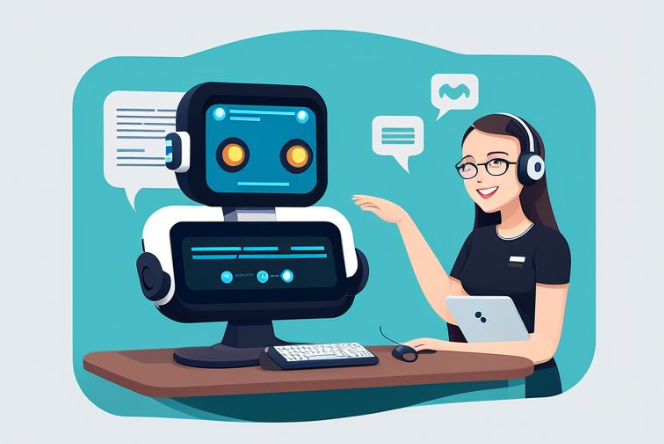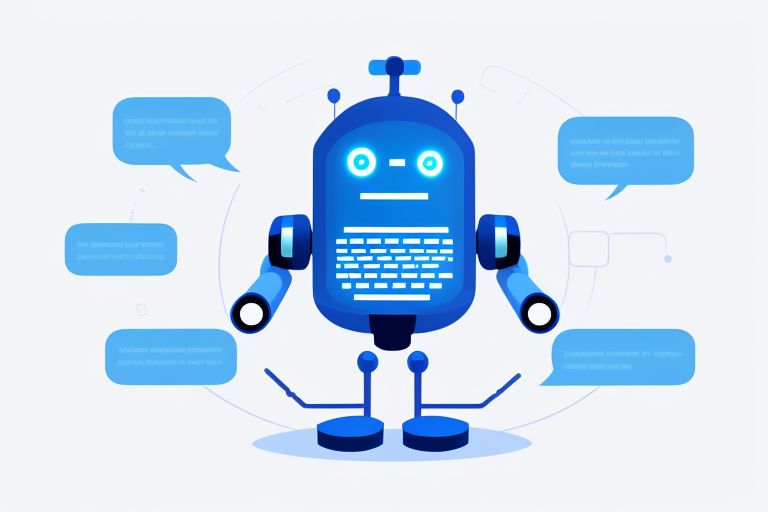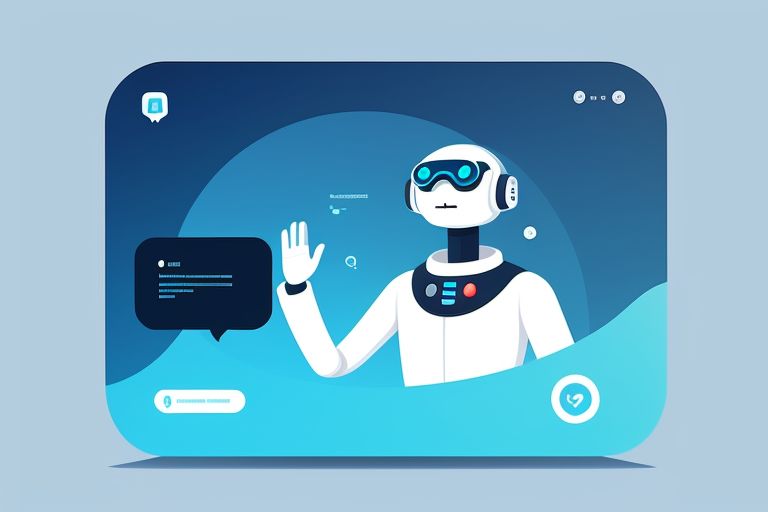In her article on Axios, journalist Joann Muller highlights the changing face of customer service chatbots. She underscores that improvements in AI technology have made chatbots more personable and effective in providing assistance.
Over the years, customer service chatbots have become a ubiquitous part of many businesses. Once considered aggravating for their rudimentary responses, chatbots have evolved significantly to offer more person-oriented communication. Muller highlights how new levels of AI have given chatbots the capacity to attribute 'soft skills,' such as empathy, facilitating better communication.
Muller features Bern Elliot, a technology analyst at Gartner, who sheds light on the advancements in machine learning and natural language processing that have made chatbots more adept at understanding and producing language. The chatbots can efficiently interpret a customer's inquiry and analyze the progression of a chat session.
The most successful chatbots are ones that possess human-like personae like Nanci, Sydney, and Erica who represent GM Financial, Anthem, and the Bank of America, respectively.
Though increased chatbot efficiency has led to enormous progress, Muller cites challenges that still exist. These chatbots' responses are programmed to answer from a pre-set library. Thus, the ensuing dialogues can be robotic and the answers limited by the company's data.
As leading tech-enabled giants like Apple and Amazon have demonstrated, the larger the data pool a chatbot has access to, the better its performance in handling customer inquiries.
Taking Axios's coverage a step further, we meet Juji, a start-up that has developed a no-code software that enables even the less technologically inclined to create custom chatbots without writing code.
For instance, the University of Illinois's recruiters used Juji's software to create a chatbot for their high-demand online MBA program. The result was an increasingly conversational bot that improved over time as it had access to more data and could better handle student inquiries.
What sets Juji apart is the software's capacity to discern unique user characteristics, such as their personality type. This allows for tailored interactions. Its chatbots are also empathetic—an unmatched quality in chatbot tech—sometimes even utilizing humor to defuse tension during interactions.
While the trajectory of AI-powered chatbots is certainly on an uptrend, offering remarkable efficiency, their ability to make the customer feel truly understood still leaves room for improvement, as Muller points out. Even with the leaps and strides of AI, humanizing a piece of code enough to understand the intricacies of human communication is a challenge that lies ahead.




